There is a growing concern regarding the mental well-being of people in Nepal. As per Epidemiology and Disease Control Division (EDCD), reports reveal 72% increase in suicide rates over the past decade. Among the various factors contributing to this alarming rise, mental health issues emerge as the primary cause, not only in Nepal but also globally.
The impact of mental health problems in Nepal is particularly significant due to a lack of awareness and inadequate infrastructure to address these issues effectively.
Compounding the problem is the presence of stigma and cultural barriers surrounding mental illness. In Nepal, as in many parts of the world, mental health concerns are often misunderstood, and the absence of open conversations on this topic impedes awareness. This leads to individuals with mental health challenges facing discrimination and social exclusion, further discouraging them from seeking timely help.
Other challenge faced in Nepal is the limited access to mental health services, particularly in rural areas. The shortage of mental health workers exacerbates the situation. The distribution of mental health workers in Nepal falls below the WHO's recommendation of at least one mental health worker per 10,000 population.
Furthermore, the concentration of mental health services in urban areas creates a significant barrier to access for those in remote regions.
Nepal also faces socio-economic challenges, including poverty, political instability, unemployment, and natural disasters, all of which contribute to the burden of mental health issues. These stressors inevitably lead to increased rates mental health disorders. Addressing the root causes of these socio-economic challenges through poverty reduction initiatives, job creation, effective disaster management, political stability, and good governance can have a positive impact on the mental well-being of the population.
As the world unites to celebrate World Mental Health Day on October 10th, 2023, the prevailing theme, "Mental Health is a Universal Human Right," takes center stage to emphasize a fundamental truth: mental well-being is a right, not a privilege. This year's theme underscores the urgent need to recognize, protect, and promote mental health as an essential aspect of human rights.
In a world where the challenges of daily life, societal pressures, and global crises continually affect our mental well-being, this theme serves as a powerful reminder that mental health should be accessible and attainable for all individuals, regardless of their background, culture, or socioeconomic status.
Addressing Mental Health Disparities
In many parts of the world, mental health disparities persist, leaving marginalized communities particularly vulnerable. The burden of stigma, limited access to mental health services, and a lack of awareness compound the challenges faced by those in need. To address these issues, there is a crucial need for increased investment in mental health infrastructure, the training of professionals, and the establishment of community-based services. These measures can help bridge the gap in mental health care accessibility and reach underserved populations.
It is crucial to highlight the importance of reducing these disparities. To make mental health a universal human right, we must:
1. Promoting awareness: Education and awareness campaigns play a pivotal role in breaking down the stigma associated with mental health. By fostering open conversations, we can create a more inclusive society where individuals are encouraged to seek help without fear of judgment.
2. Enhancing accessibility: Governments, healthcare systems, and communities must work together to ensure that mental health services are readily accessible, affordable, and culturally sensitive. Telehealth and online resources can also bridge gaps, especially in remote areas.
3. Empowering communities: Community-based mental health programs and support networks can make a significant difference. These initiatives empower individuals to address their mental health needs and help those around them.
4. Prioritizing vulnerable groups: Women and the elderly, as well as other vulnerable populations, often face unique mental health challenges. Specialized care and attention are essential to address their specific needs.
5. Advocating for policy change: Advocacy efforts are crucial to bringing about policy changes that prioritize mental health. Governments should invest in mental health services and enact legislation that protects the rights of individuals living with mental health conditions.
Let us remember that mental health is not a luxury; it is a universal human right that deserves our attention, care, and protection. By working together to eliminate stigma, increase access to services, and prioritize mental health on a local and global scale, we can ensure that everyone has the opportunity to lead a mentally healthy life. It's time to make mental health a right for all, not a privilege for some.
Dr. Rika Rijal is M.D (Psychiatrist) currently working at Rhythm Neuropsychiatry Hospital and research center, Ekantakuna Road, Lalitpur.



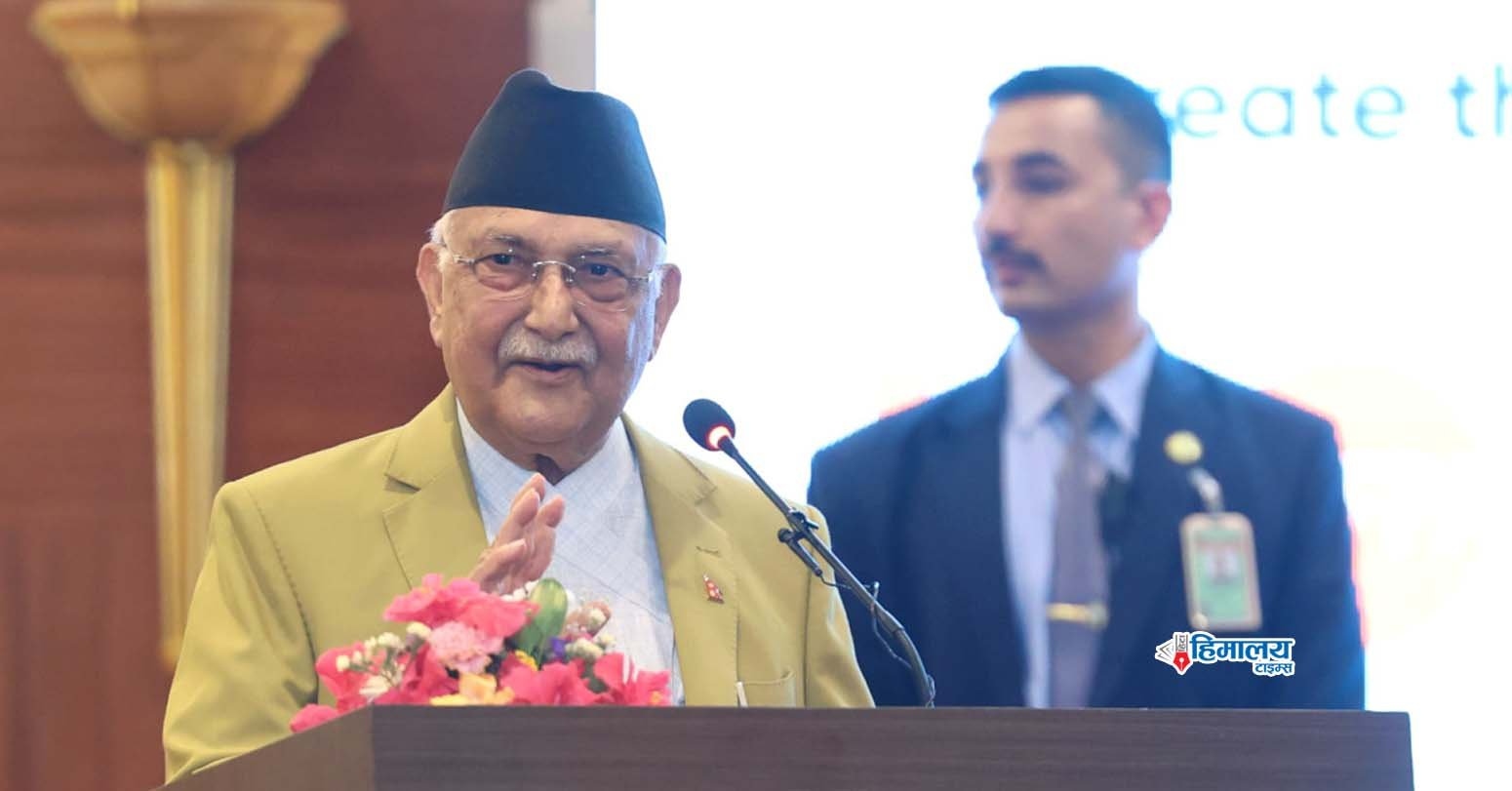


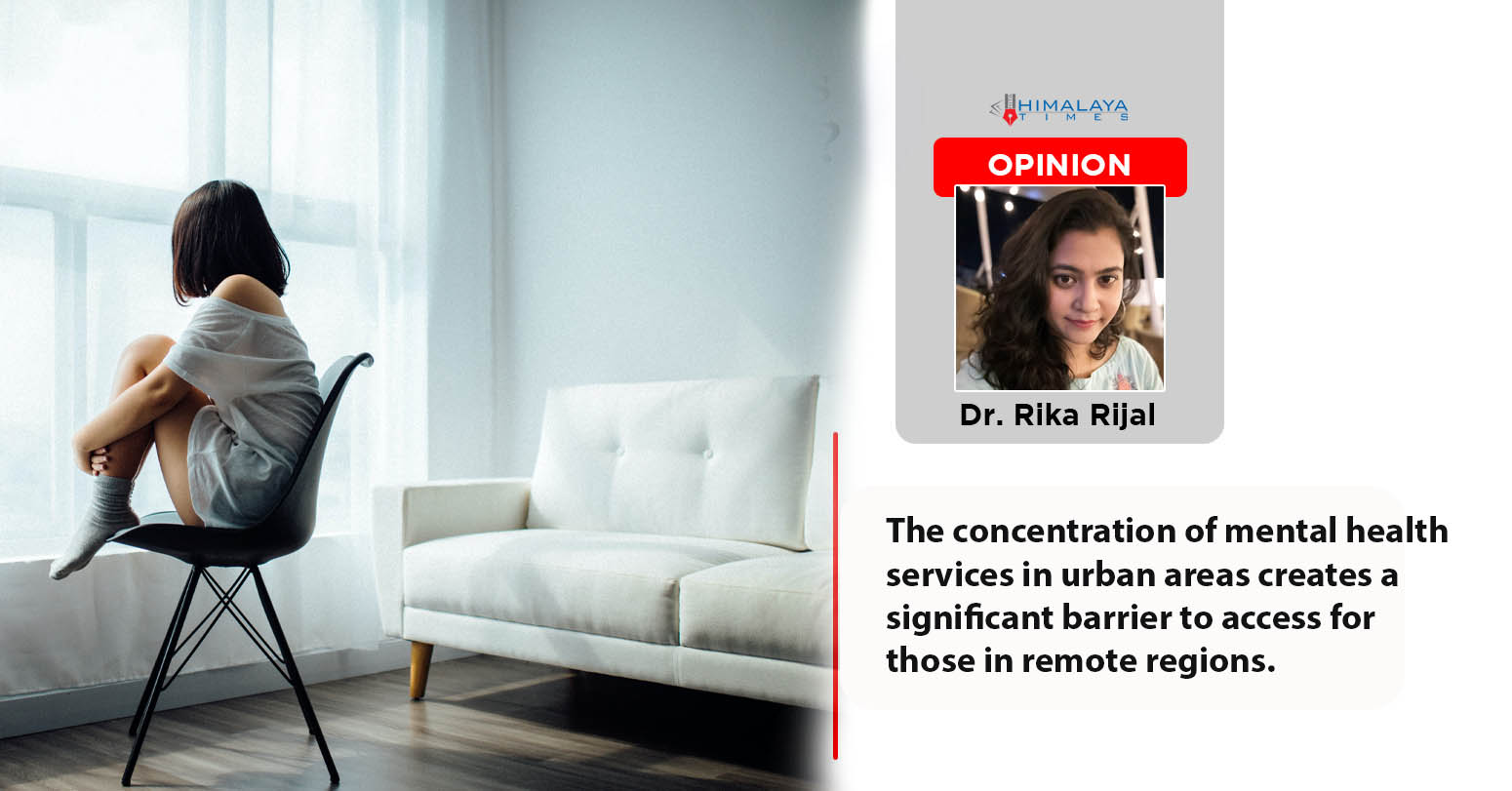

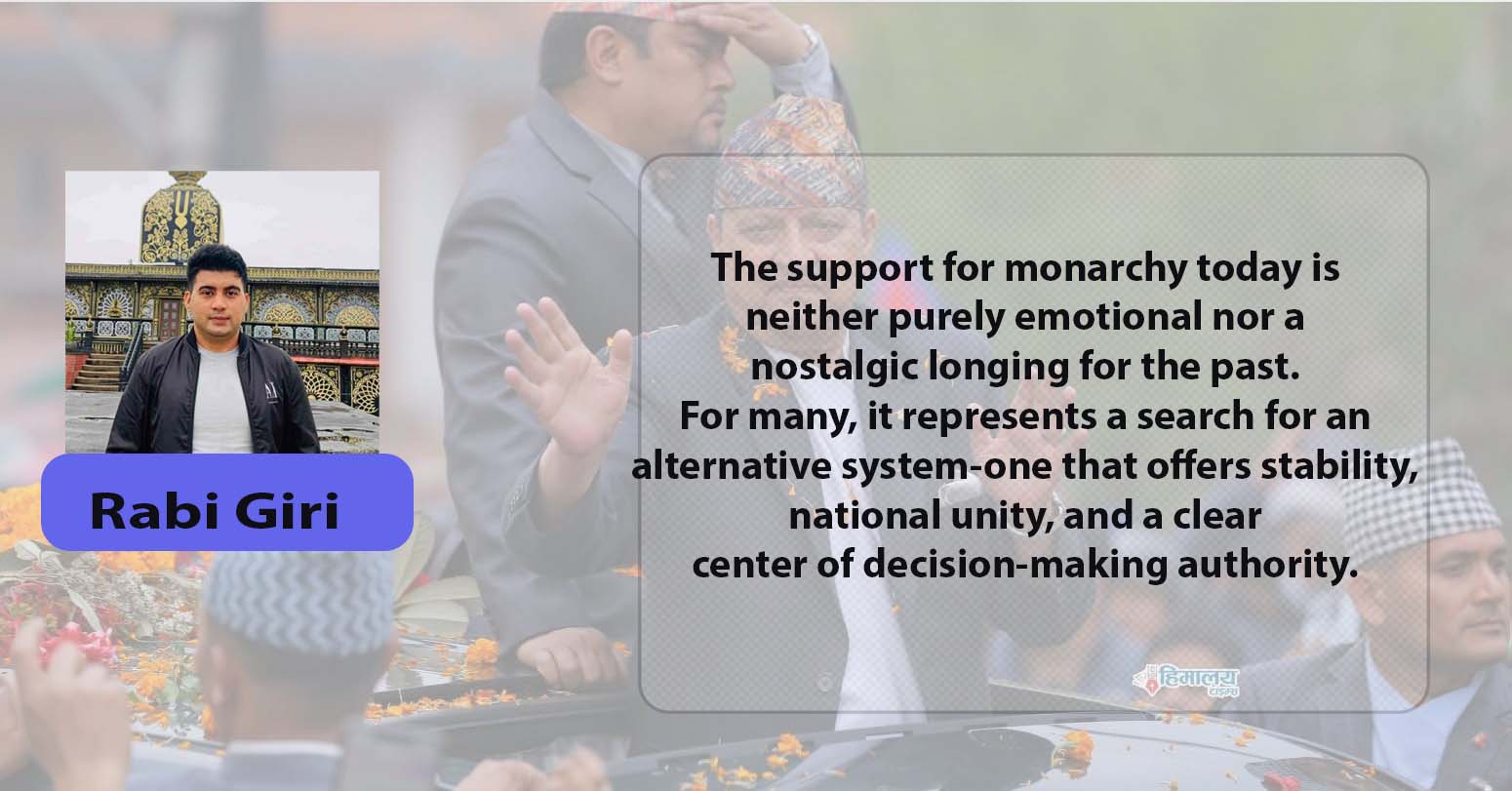


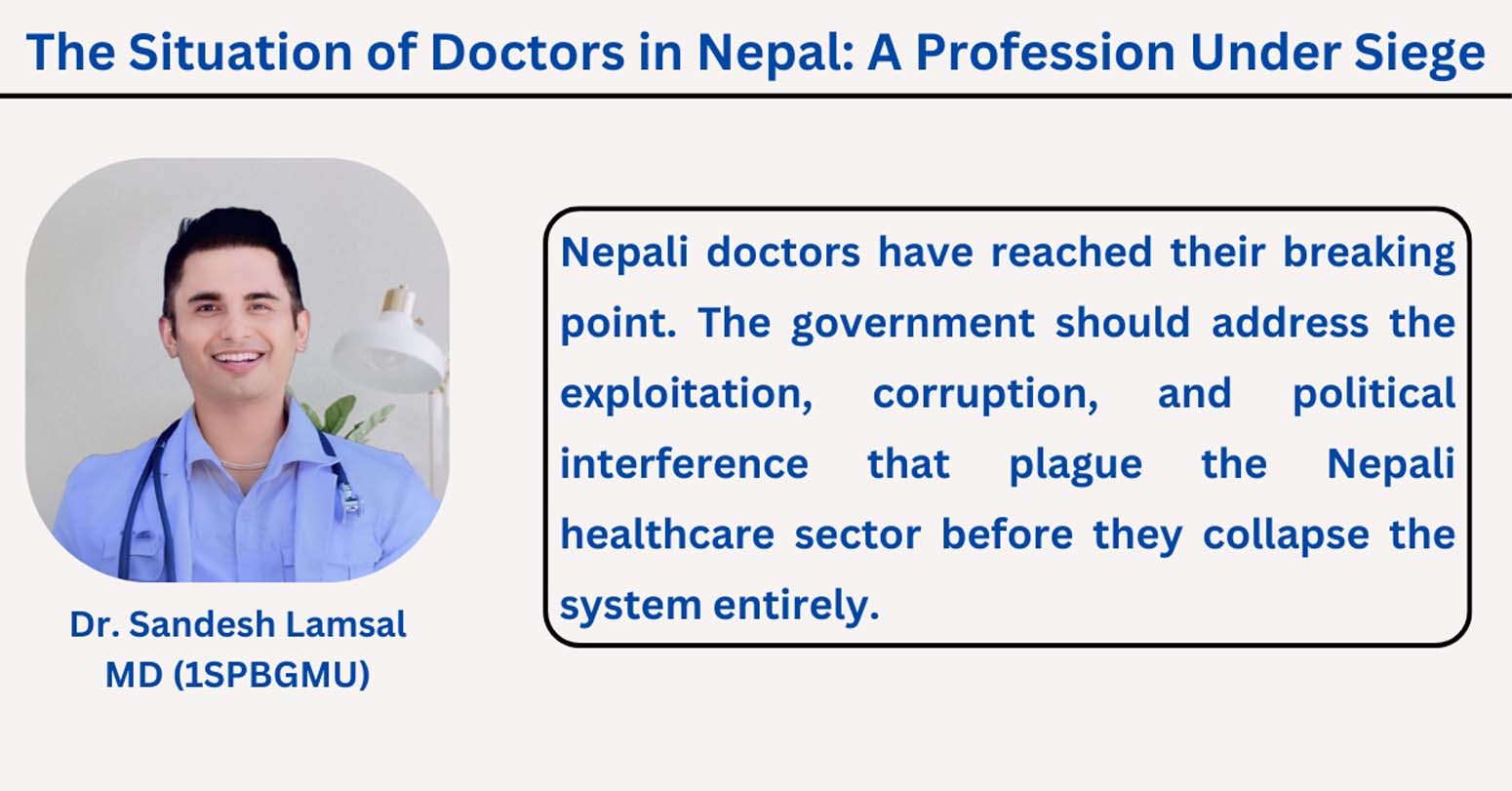

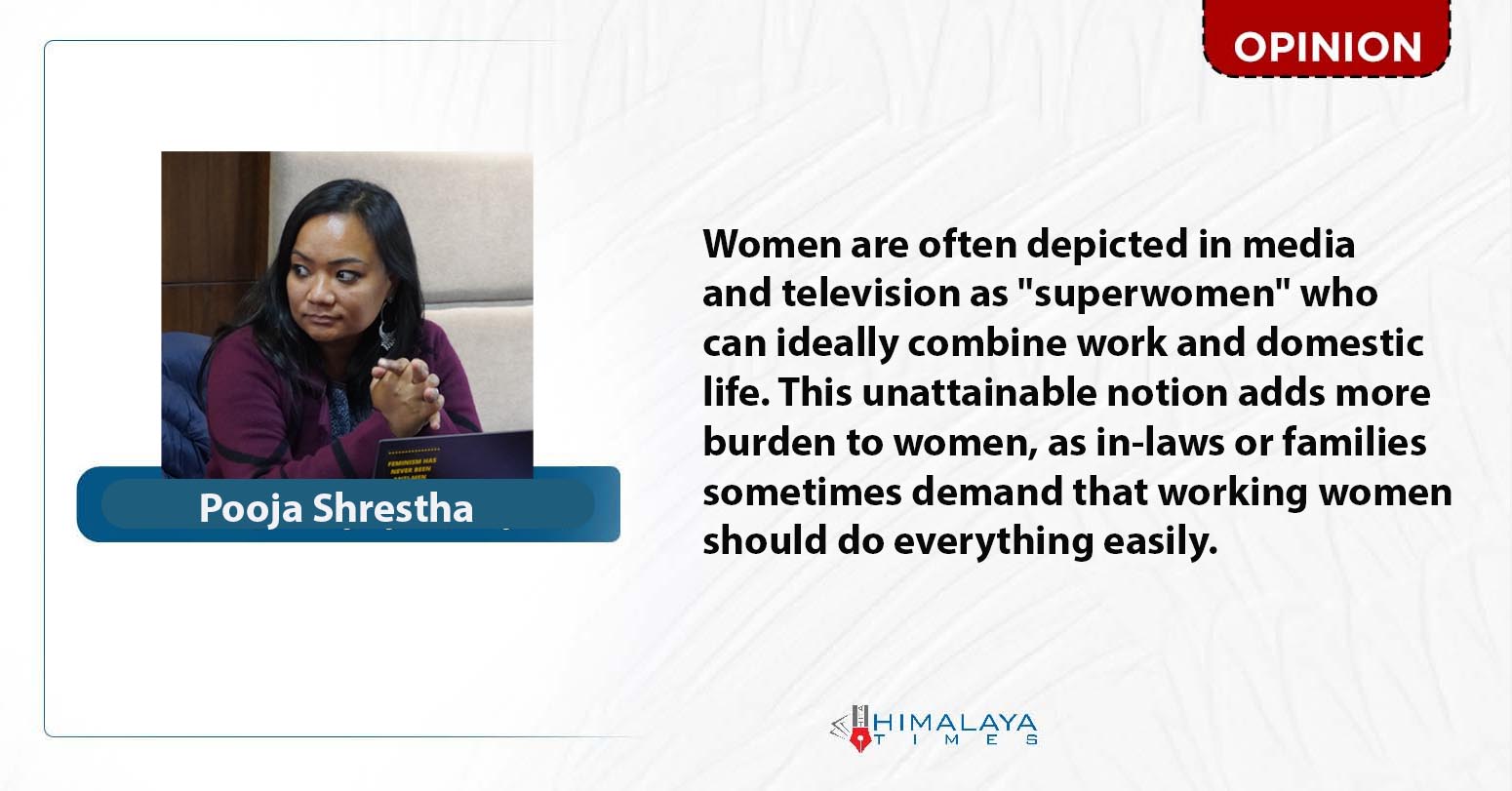





Middle-aged man spends millions to
Dr. Dharam Raj Upadhyay: Man
Breathing The Unbreathable Air
Comprehensive Data Protection Law Critically
Gender Differences In Mental Healthcare
Erosion of Democracy